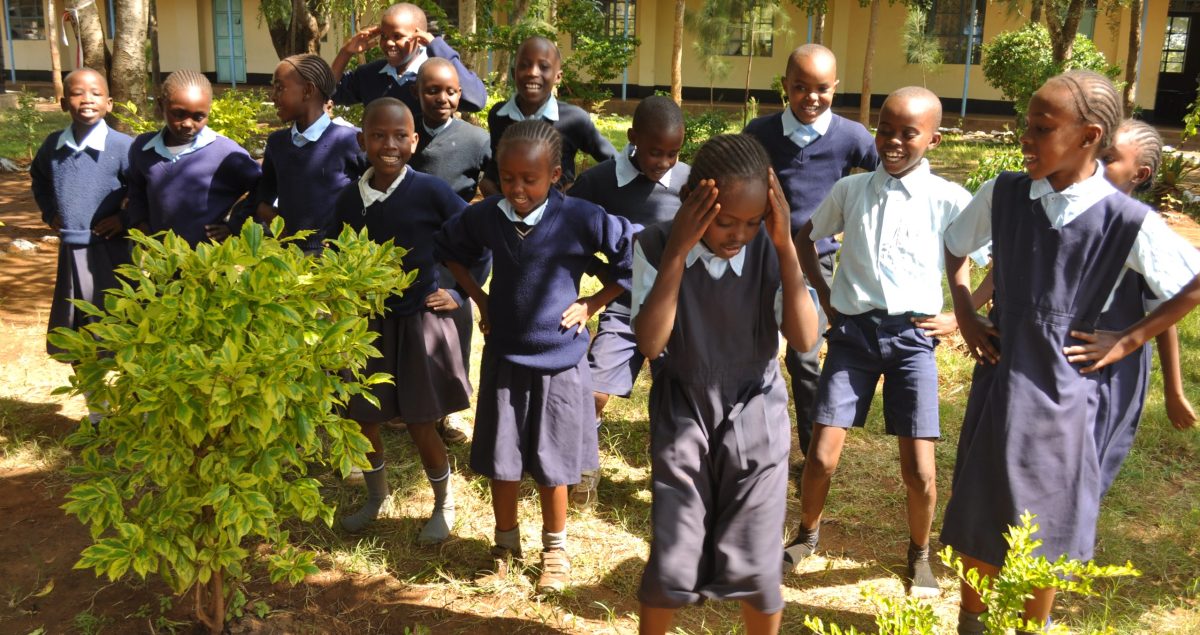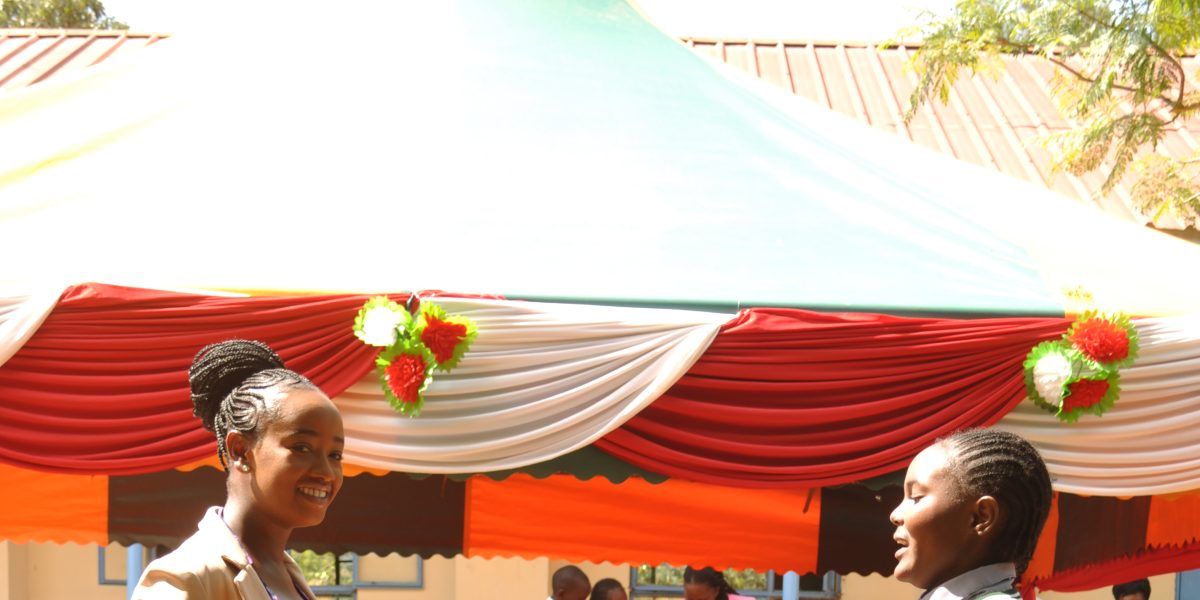Latest
More News & Stories

Strengthening Communities and Connecting People
Beneficiaries of the new Masogo Digital Lab In March 2023, Masogo Riverside Resource Centre opened a digital lab, in Miwani, Kisumu County, Kenya, to benefit the local community. The digital lab was equipped by ZOO Memorial Foundation, who understand the challenges faced […]
Beneficiaries of the new Masogo Digital Lab
In March 2023, Masogo Riverside Resource Centre opened a digital lab, in Miwani, Kisumu County, Kenya, to benefit the local community. The digital lab was equipped by ZOO Memorial Foundation, who understand the challenges faced by local communities in distant, rural locations. The Masogo Riverside Resource Centre was established in 2017 to empower young people and communities through digital literacy and skill development. This mission stems from the organization’s core values of respect, transparency, accountability, equality, and inclusion.
Opening Doors to Opportunity
Despite being in an extremely remote area, the Masogo Riverside Resource Centre possesses a well-equipped digital lab, a spacious meeting hall, and a welcoming compound. This haven offers a variety of programs such as the Capacity Building Development Program, that cater to the diverse needs of the community. The programs equip the youth with vital digital and work readiness skills by blending training with community service. This successful approach provides much-needed training and creates a sense of responsibility and giving back. Since its inception in April 2019, the program has empowered many young people, equipping them with ICT, entrepreneurship, agribusiness, and financial management skills.
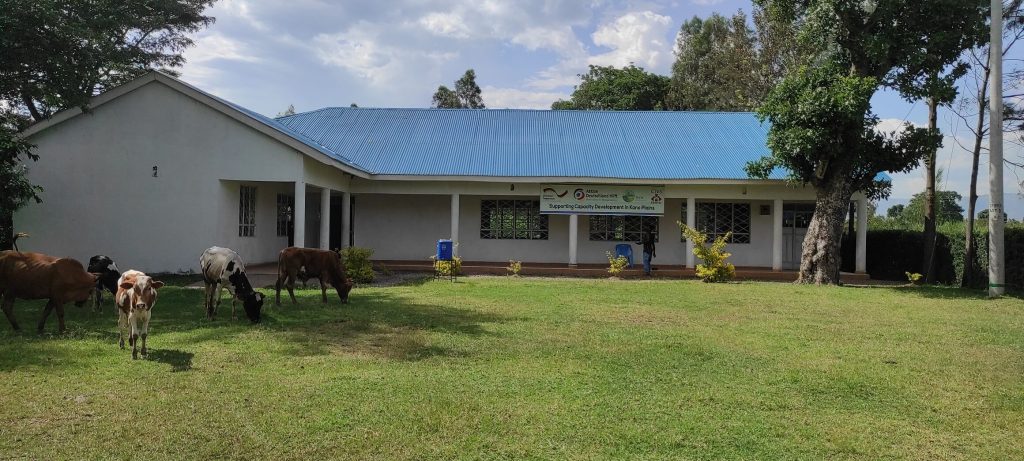
Masogo Riverside Resource Centre Compound
Beyond Digital Literacy: Holistic Community Development
The Masogo Riverside community’s reach extends beyond the digital realm. Model farms serve as living classrooms, showcasing sustainable agricultural practices to improve local farming methods. This focus on agricultural development empowers its communities to achieve food security and generate income. Additionally, the centre’s water and sanitation program promotes hygiene and disease prevention, laying the foundation for a healthier future.
Financial Inclusion and Empowerment
Financial security is another cornerstone of the Masogo Riverside Resource Center’s mission. The centre offers community banking and entrepreneurship training programs, empowering, and educating community groups on financial literacy so they can access the financial services they need.
A Beacon of Hope
With over 300 members and counting, the Masogo Riverside Resource Center is rapidly transforming the lives of the individuals in the communities they serve. Through its dedication to digital inclusion, skill development, and holistic community empowerment, the Masogo Riverside Resource Center is creating a brighter future in rural Kenya.
As ZOO Memorial Foundation continues to reach its goal of helping communities take charge of their development through open access to digital equipment and skills, the ripple effects of this remarkable initiative will undoubtedly continue to empower and grow.
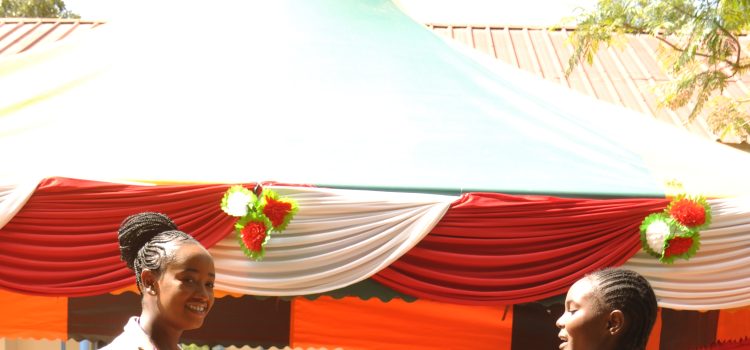
Let the Exploration and Learning Begin!
As we embark on this technological journey, let us not forget that the true power of this lab lies not in the hardware or software but in the hands of our students. It is their curiosity, creativity, and dedication that will turn this space into a hub of innovation.
ZOO Memorial Foundation’s launch event for the Kisukioni Primary School Digital Computer Lab hosted several guests from Dell Technologies and local county officials. The computer lab was installed in May 2023 and the launch was a celebratory event to mark its official opening and to give appreciation for all those who made it possible. Kisukioni Primary School is the only school in the area with a computer lab, highlighting the need and importance of supporting digital education.
Among the local leaders in attendance was the Member County Assembly, Kyeleni Ward, Matungulu Constituency, Hon. Grace Bahati Zora, who is also the Chairperson of the Education Committee, Machakos County. The speech she delivered at the event was most fitting and is published below.
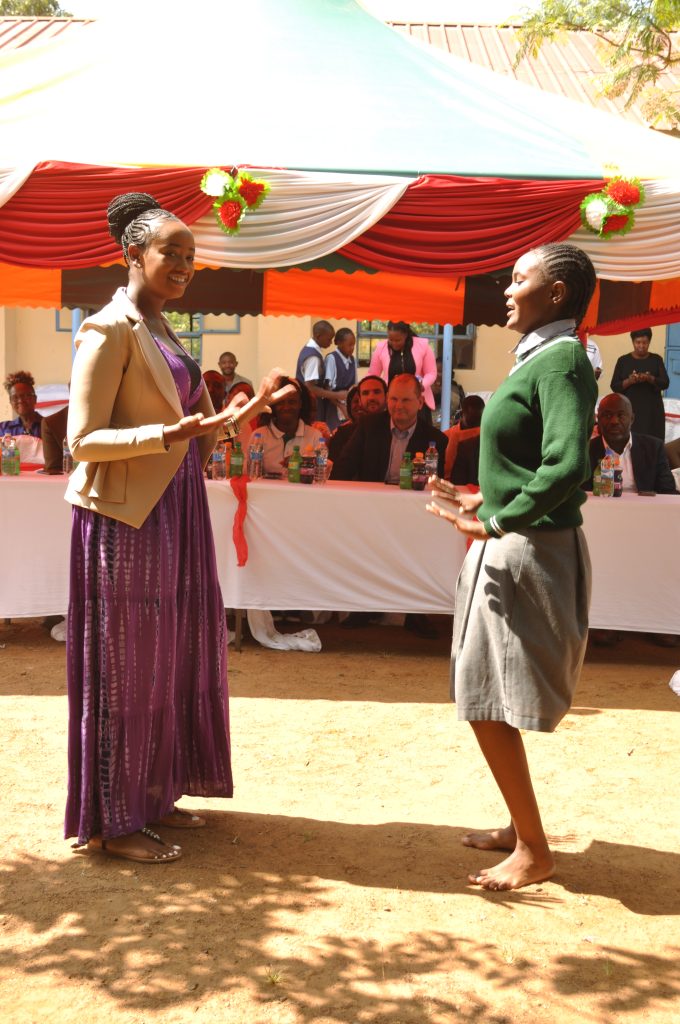
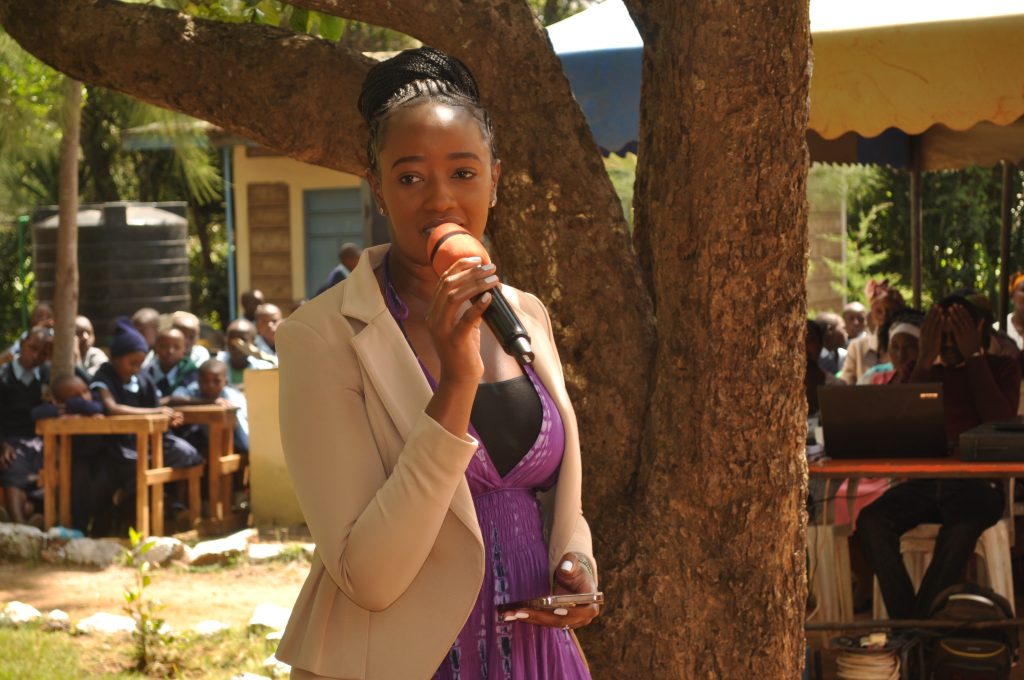
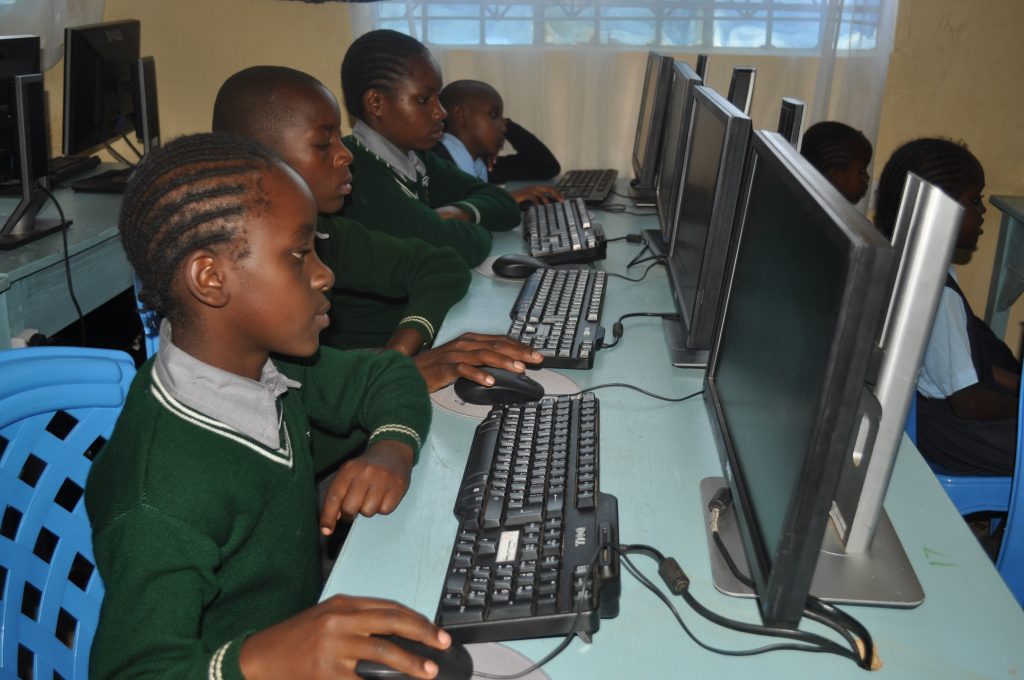
Ladies and gentlemen, to our Area Member of Parliament, Hon. Dr. Stephen Mutinda Mule, Area MCA Matungulu West, Hon. Lucky, our esteemed guests, lovely parents, and valued students, good afternoon?
I stand before you with great excitement and pride as we inaugurate our new ICT (Information and Communication Technology) lab today. This state-of-the-art facility represents a significant stride in our commitment to providing a cutting-edge education.
In this digital age, where technology evolves rapidly, having a dedicated ICT lab is essential for fostering a dynamic learning environment. Our lab is equipped with the latest computers, software, and high-speed internet, empowering students to explore the vast world of information and innovation.
This lab is not just a room with computers; it is a gateway to limitless possibilities. Here, students will develop essential digital literacy skills, enhancing their ability to navigate the digital landscape and stay ahead in a competitive world.
As we embark on this technological journey, let us not forget that the true power of this lab lies not in the hardware or software but in the hands of our students. It is their curiosity, creativity, and dedication that will turn this space into a hub of innovation.
I express my deepest gratitude to everyone who contributed to making this ICT lab a reality. Together, let us embrace the opportunities that technology offers and empower our students to become the architects of a brighter, technologically-driven future.
Thank you, and let the exploration and learning begin!
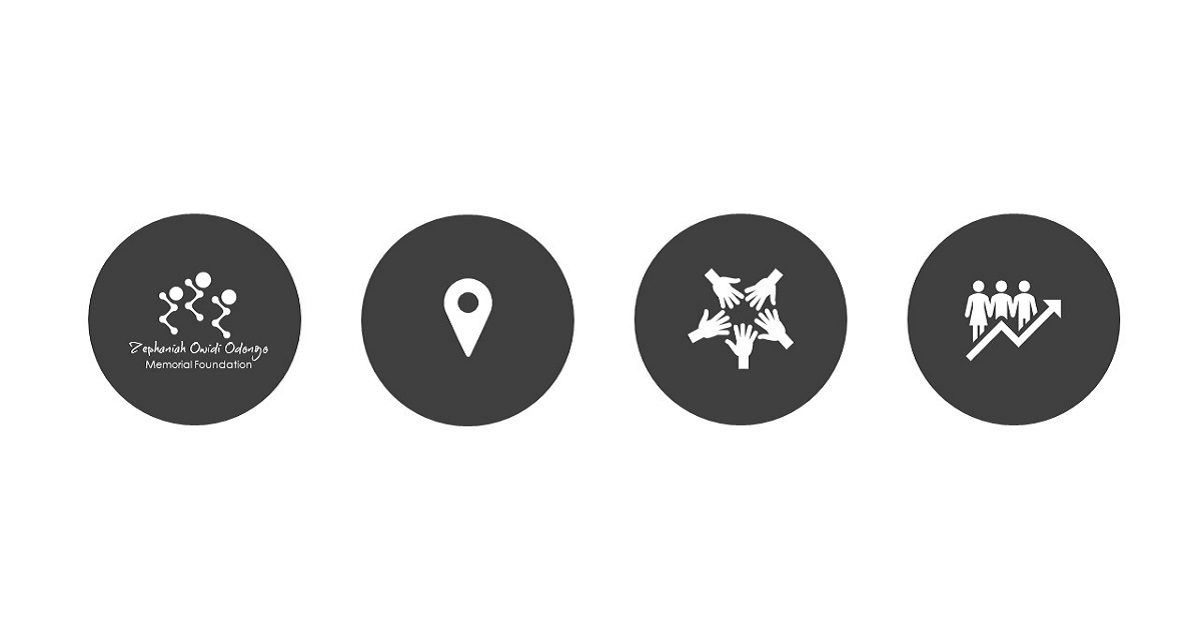
How ZOO Memorial Foundation works with local partners to boost women and girls’ digital literacy
Digital literacy has a significant impact at any age. The earlier girls receive training in digital spaces, the better. But women who may not have grown up with, or had access to technology throughout their lives also benefit from learning these new skills.
Digital literacy has a significant impact at any age. The earlier girls receive training in digital spaces, the better. But women who may not have grown up with, or had access to technology throughout their lives also benefit from learning these new skills.
Now, we want to shine a spotlight on Idah, who is 13 years old and Millicent, 39 years old, to show the positive impact the ZOO Memorial Foundation (ZOO) has and how their community partnerships create change.
Idah is a member of the WISE Girls’ Club and trains at the digital centre, set up by ZOO. The Covid-19 pandemic made it harder to learn as students were sent home from school, but in Idah’s case, it catalysed her journey to digital literacy. So much so that she now practises typing with both hands and is involved in the Girls’ Club development of the iTrade app.
Getting involved in app development has made a significant difference in Idah’s life. She has had the opportunity to develop and work on an app that, if successful, would help others in the community. Thanks to ZOO’s digital lab, Idah can join a space in which she and the other girls can access computers and work together.
When Idah joined the Girls’ Club and started receiving training from ZOO, she didn’t realise it would become such an important part of her life. She has embraced the ‘new normal’ in which digital technology is central to learning and developing. And she looks to the future, recognising that digital skills will be an asset when looking for a job.
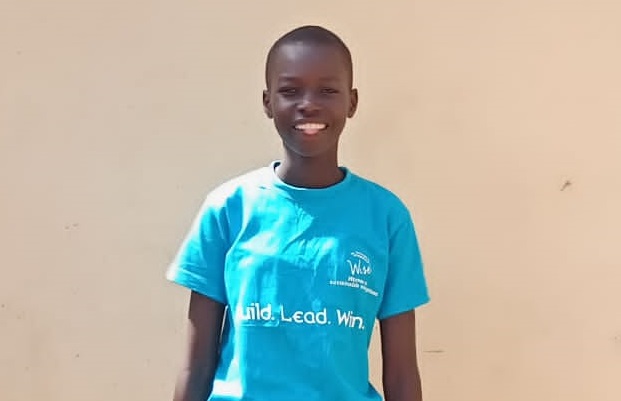
Idah
“When I was joining, I didn’t know that I would be taking part in something so significant so to me it’s a blessing to be part of something so great.”
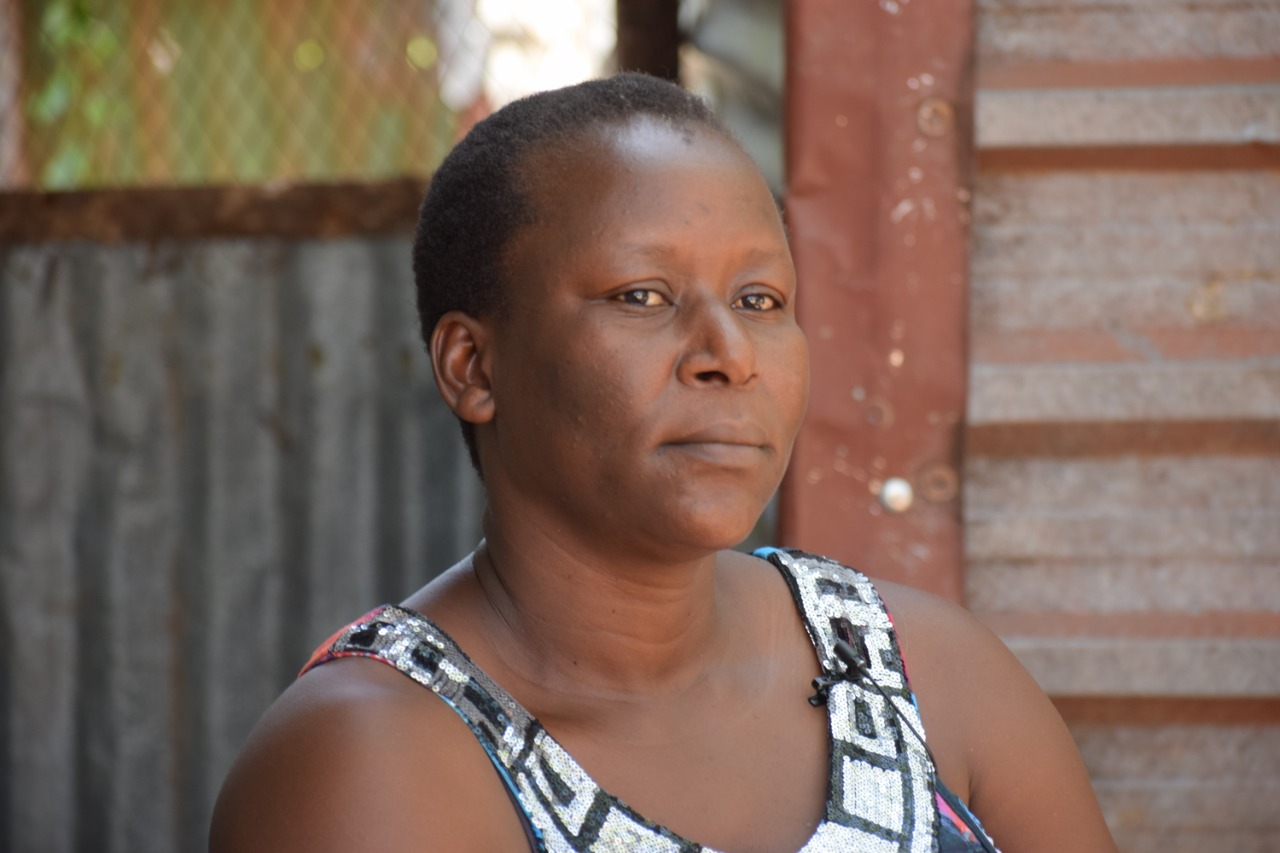
Millicent
“Learning, being trained at the digital lab, all these opportunities and what you can achieve when you are computer literate is just amazing.”
For Millicent, becoming digitally literate allowed her to own two businesses – a physical shop and an online store – as well as being a qualified social worker. A fast learner, once trained Millicent set about expanding her businesses. As well as selling video games, Millicent’s shop now offers printing, typing and internet browsing services. To her, the opportunities that open up with computer literacy are ‘amazing’.
Millicent has also recognised a change in her community in Dunga. Millicent’s is one of two cyber cafes now open in the area, a huge change for the better. And an example of the significant impact training centres such as the WISE Hub have. Millicent urges anyone to take any opportunity that presents itself, any opportunity taken can bring about positive change.
Idah and Millicent are just two of many women benefiting from ZOO’s computer literacy training. Take Gorety, who found the language barrier was a problem, and operating the computer itself took practice. However, through training, Gorety asserts how she can ‘use any computer out there, something I could not before.’
About Sera, women & girls program
You can help make a difference too. When you support the Sera Program, you can see the positive effect The ZOO Memorial Foundation and its partners have at the grassroots level. This training takes us one step further to achieving the goal of equality in the digital sphere.
By Zoe Willis
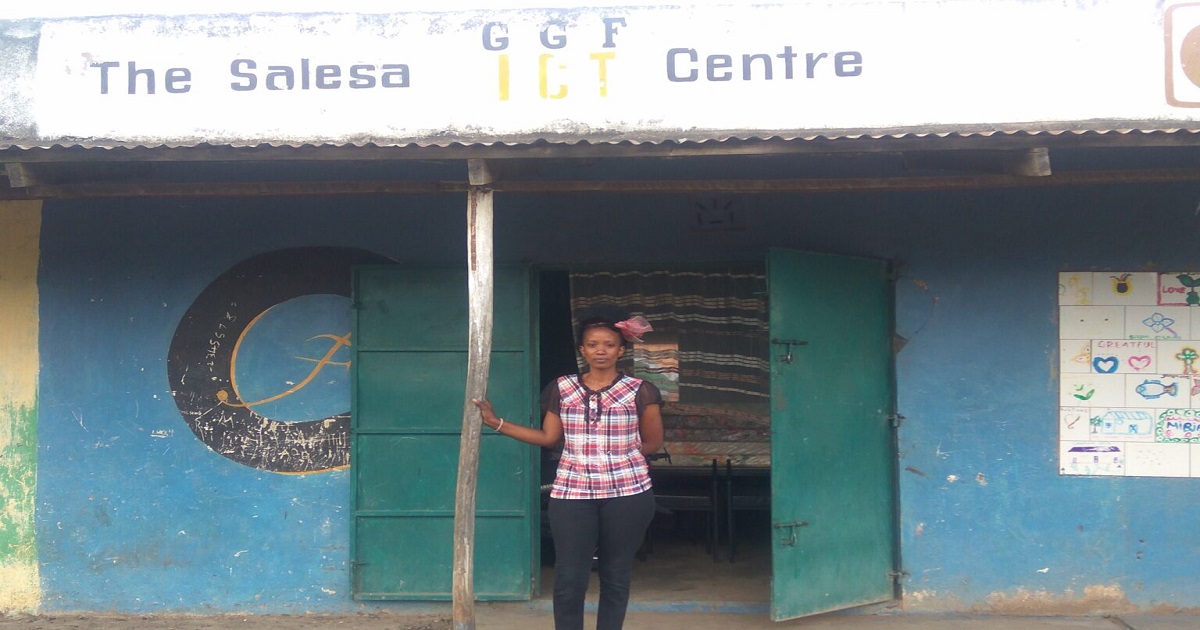
Meet the women benefiting from ZOO’s digital literacy training
When ZOO Memorial Foundation launched their mobile digital program in her community, Mary encouraged all her students to join in…
This is Mary’s story. A trainer at The ZOO Memorial Foundation’s first women-focused digital lab. The ZOO Memorial Foundation is currently running a campaign to equip two digital labs at Armstrong Women Empowerment Centre and The Border Hub, to serve women and girls in rural Kenya.
Mary was always going to make a difference. As a mentor at Golden Girls Foundation, Mary ran the Literacy Club, engaging children with reading. When the ZOO Memorial Foundation (ZOO) launched their mobile digital program in her community, she encouraged all her students to join in.
Mary was comfortable in her role as a mentor, but an opportunity to lead was on the horizon. Following successful training with the mobile digital program, ZOO opened their first women-focused digital lab at Golden Girls Foundation and Mary was chosen as the administrator.
Rising to the challenge, Mary received training from ZOO and not only learned how to use a computer but also how to fix minor computer issues. Equipped with entrepreneurship skills, the knowledge and confidence to teach, Mary rose to her full potential.
Her biggest challenge was managing the large numbers of children who flocked to the digital lab. They were overexcited and at times unwilling to concentrate. Mary found it easy to mobilise children to join the training, but maintaining a learning environment proved more challenging.
But Mary overcame this. Throughout her training she had gained not only digital skills, but determination and confidence. As a teacher, Mary asserted herself authoritatively. She trained her students in English, Swahili and Luo. Explaining the mouse was one of her memorable teaching moments. The children who used to run around the village now respected ‘Madam Rakiro’.
Graduation Day
Mary (Right) with her Literacy Club students on graduation day. The students received basic computer skills training and participated in creating their certificates as part of the assessment.
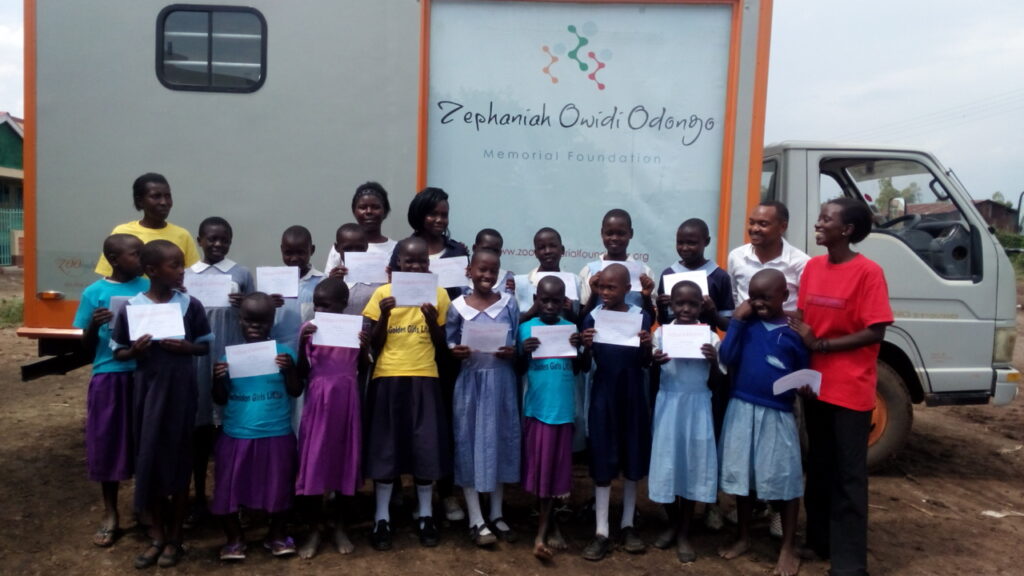
Empowerment is no less important than the tangible digital skills Mary learned at ZOO’s digital lab. She has taken both and used her confidence to make a difference to many children’s lives. Most importantly, Mary feels empowered and believes in herself as a role model.
Mary’s experiences show how computer and digital training have a huge impact, inspiring new goals and career paths. A positive change in one person’s life then filters down through generations and communities.
The skills and empowerment Mary has gained are significant. The impact this will have on her students is immeasurable. By supporting the Sera Program, you can see the positive effect of The ZOO Memorial Foundation and their partners at grassroots level, paving the way for equal access to digital technology for all. As Mary says, “We live in a computerised world. It’s important.”
By Zoe Willis
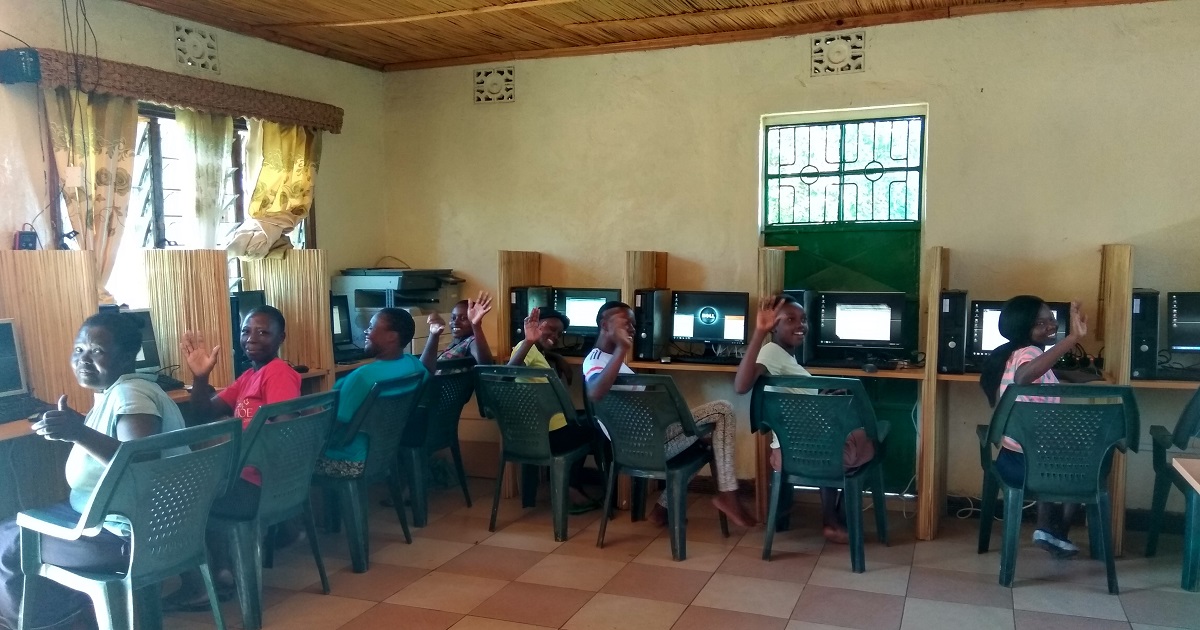
Sera Program: Empowering women at a grassroots level
ZOO Memorial Foundation is empowering women to fully engage in digital technology and the opportunities it brings.
Empowering women at a grassroots level
ZOO Memorial Foundation’s work helps develop, connect and transform communities, empowering women to fully engage in digital technology and the opportunities it brings. This access benefits not only the women but also their families and wider society. In 2019, 70% of those ZOO served were women, and through the Sera Program, women have access to a friendly, open environment that encourages learning and sharing ideas.
Digital training is essential for women to get small businesses off the ground and fully participate in a world that is becoming ever more digitally focused. ZOO’s women-focused programs create a safe environment in which to learn and develop new skills and confidence to assert themselves in digital spaces. This is essential as communication digitally connects not just businesses with customers, but families and friends too.
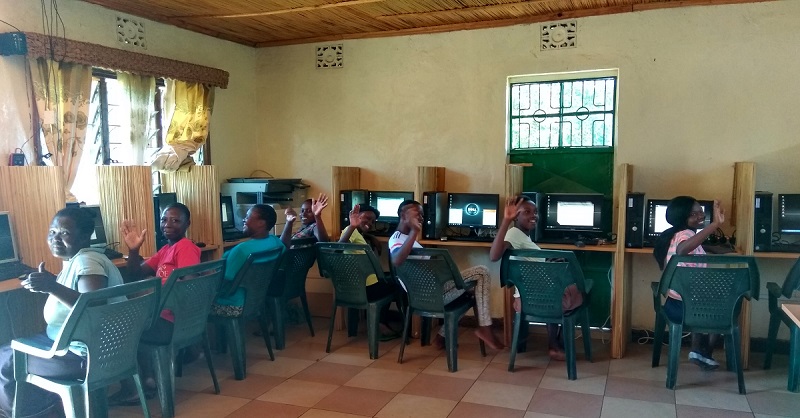
By Zoe Willis
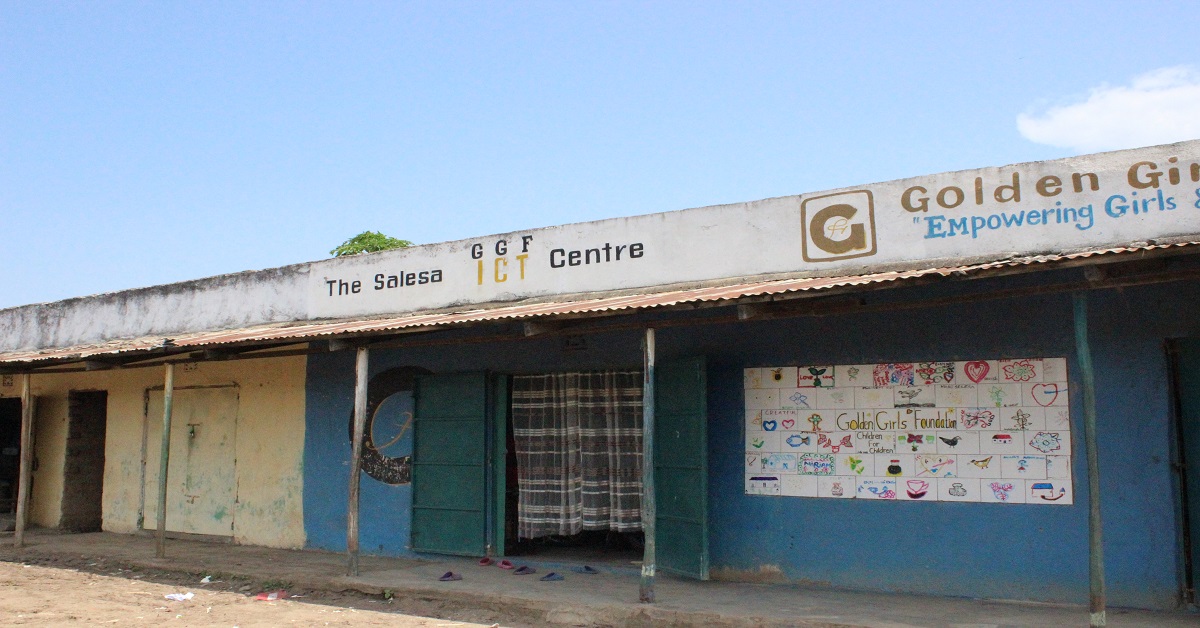
Is the digital divide a cultural divide?
The importance of the internet and modern technology is difficult to understate. Mix in a global pandemic that heavily limits free movement for people all over the world, it becomes impossible to understate.
By Linnus Kimani
The importance of the internet and modern technology is difficult to understate. Mix in a global pandemic that heavily limits free movement for people all over the world, it becomes impossible to understate.
The convenience of computer and internet access in offering key services is at the front and center of people’s daily lives, as offices and even schools begin to close and limit in-person access, which has to prompt the question; what if I didn’t have a computer? What then? This, unfortunately, is a reality for many in rural and marginalized communities, and has been coined as the digital divide. The digital divide – characterized by a gap between information-haves and information-have-nots – is an imbalance based on more than just issues of access. Often, the digital divide is evidenced by a cultural divide – which is a split in socio-economic structures and psychologies between communities. It is within these splits that the digital divide stands more prominently, as a community’s views and values surrounding technology, which are affected by socio-economic circumstances, would stand as the first barrier to entry for most.
For instance, low access rates could be attributed to affordability, which stems from an urban bias, leading to sparse and limited digital infrastructure in underdeveloped and rural areas. Often this creates income gaps between developed and underdeveloped communities, sometimes forcing people living in rural areas to move away to find opportunities. Who gets to move is however, a gendered issue, as rural women – who are generally restricted in their ability to own land, paid low wages on top of the general income gap and are often single parents due to men migrating – are not afforded such opportunities. Their time is often spent recovering from these hits through pre-established avenues (such as agriculture), building up sentiments of those things are for clever people and men. I don’t have time for such things. Ultimately, access is afforded through time; time to understand how to operate devices, time to understand digital languages, time to build enough capital to own devices and reliable internet sources.
‘…those things are for clever people and men.
I don’t have time for such things…’
–
If cultural disparities are not considered,
aspirations of universal access will remain obscured.
Unequal gender access to digital technologies is still present in urban areas as well. Research from the World Wide Web Foundation, localizes the problem to Kenya, showing that only 20% of women in Kibera have access to the internet as opposed to 57% of men. This is a reflection of stagnant gender roles existing widely within communities, where women are not afforded much autonomy socially and economically as compared to men. In urban communities, this leads to women being excluded from the digital innovations that urban areas benefit from such as M-Pesa, which provides a safe money transferring method to its users.
The digital divide is often described as a temporary issue; within X amount of years and with Y new developments, we can fully eradicate it. But if cultural disparities are not considered, aspirations of universal access will remain obscured. Inevitably, technology will leave people behind. In a pandemic, these issues gain a deeper sense of urgency, with women in under-served communities potentially losing access to important resources and innovative technologies that can help improve their conditions, such as access to healthcare and government services or educational materials. It is in this way, that working towards digital empowerment should provide more than just access to information, but seek to improve local conditions and build communicative cultures and identities as well. During the pandemic, this means introducing new modes of interaction and adaptation to communities that need them.
How ZOO Memorial Foundation brings digital empowerment to marginalized communities
ZOO Memorial Foundation looks beyond the digital divide and into the cultural divide, attempting to transform communities through not only tackling digital inequalities but by providing equal gender access and knowledge of digital tools and platforms.
Through collaboration with grassroots organizations, ZOO has set up 10 digital labs in rural and underserved communities across Kenya – a good starting point at directly combating the digital divide. They established their first community digital lab in 2009, where the contentious gap began to seep through – as over 90% of visitors to the lab were male. 1% of women benefited from the digital training, with most of them only visiting for complementary services (such as photocopying). From this it was clear – just having a computer was not enough.

The first group of women trained at one of ZOO’s women-focused digital labs.
To tackle the social and gender exclusions created by digital and cultural divides, ZOO’s Women in Sustainable Enterprise (WISE) – established in 2017 – and Golden Girls Foundation – established in 2015 – train women and girls on basic and advanced computer skills – leading into areas involving coding and web development. Women and girls are being given the opportunity to actively participate in the information society, which empowers them and provides agency to their trajectories. They also utilize their digital platforms to offer training in a variety of areas ranging from agriculture to finance. This way, women are provided more than just the ability to understand digital languages, they can also apply these skills in their daily lives and current jobs. In the case of rural Kenyan women who tend to work in agriculture, this gives them the opportunity to lift themselves from their positions as they are now capable of not only expanding their range of knowledge in agriculture through digital information structures but can also apply digital innovations to help improve their work. The Golden Girls Foundation digital lab was established in the same village as the 2009 lab, and saw an incredible increase in women’s participation with 91% of adults served being women. Similar exercises are conducted in their other digital labs such as Dr. Robert Ouko Primary School and Nyakoko Secondary School to name a few.
ZOO’s digital labs have served over 30,000 people since 2009. In a Covid-19 reality, they adapted quickly and equipped their digital labs with laptops and webcams allowing for remote learning for beneficiaries.
ZOO provides a solid framework towards eradicating not only the digital divide but the cultural divide too, one that still can be strengthened and improved upon. The work of ZOO is against separatism and calls for a collective anti-exclusion stance, which requires your help. Become a partner or contribute to ZOO’s mission through donations and directly impact the lives of women and children living in excluded communities. This type of dialogue and action around social relations is important and something each of us should be a part of.
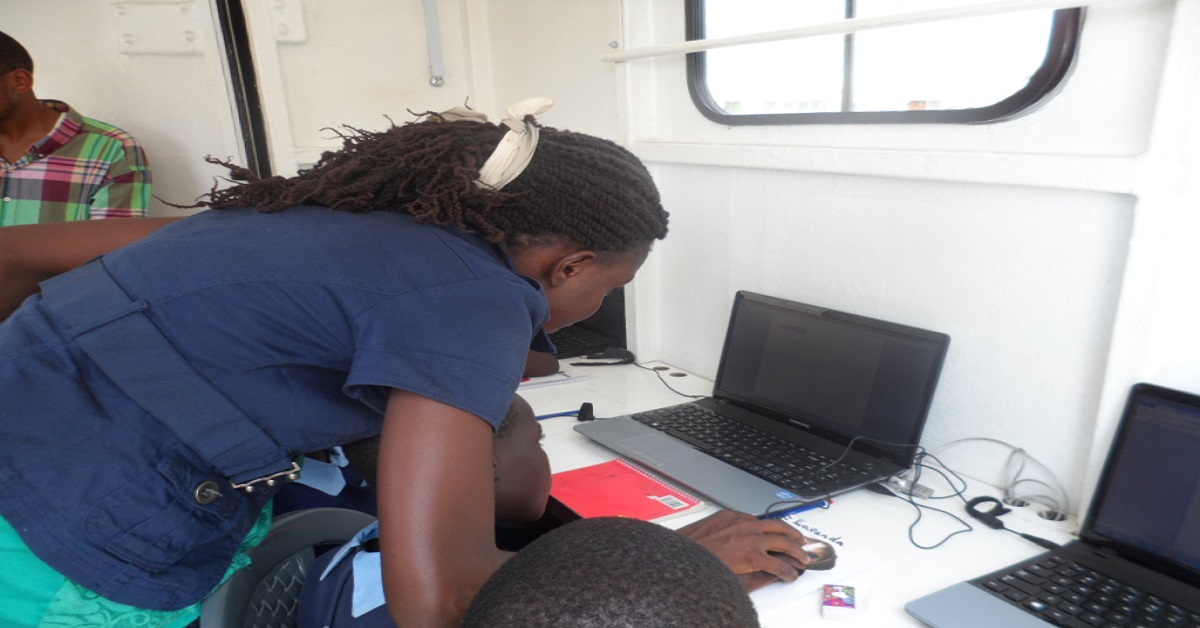
Getting students into STEM
Through digital spaces and skills training, ZOO Memorial Foundation aims to instil and encourage confidence in students to pursue Science, Technology, Engineering and Maths in education and as a career.
Through digital spaces and skills training, ZOO Memorial Foundation aims to instill and encourage confidence in students to pursue Science, Technology, Engineering and Maths in education and as a career. From learning how to power on a computer, to using Zoom for training and meetings, ZOO exposes students to new opportunities to advance their knowledge.
The objective is to open their minds to careers in technology by building the foundation for further training, in areas such as coding and web development. Encouraging students to believe that STEM is an option open to them is important for the advancement of society in general.
By Zoe Willis
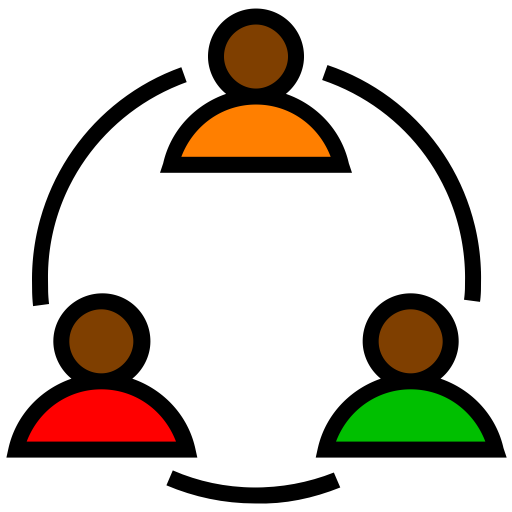
Making an impact in a post-pandemic world
The impact of COVID-19 has hit hard, with every society facing inevitable effects for years to come. Among those hit the hardest are children and young people, whose education is at risk given school closures.
Making an impact in a post-pandemic world
By Zoe Willis
The impact of COVID-19 has hit hard, with every society facing inevitable effects for years to come. Among those hit the hardest are children and young people, whose education is at risk given school closures. ZOO Memorial Foundation is focusing on mitigating the devastating impact this could have on children’s education. Digital connectivity and remote learning are more vital than ever, and ZOO Memorial Foundation is working to ensure that young people and children do not get left behind due to the pandemic.
In 2019, 94% of those who benefitted from ZOO’s work were children. This figure shows how vital ZOO’s work is to ensure digital education and training reaches as many children and young people as possible. With the threat of a second wave looming and the urgency to help children succeed in a post-pandemic world, this work is more important than ever. Thousands of people each year benefit from ZOO’s work, help support this by finding out more and donating to the various projects ZOO Memorial Foundation runs and supports.
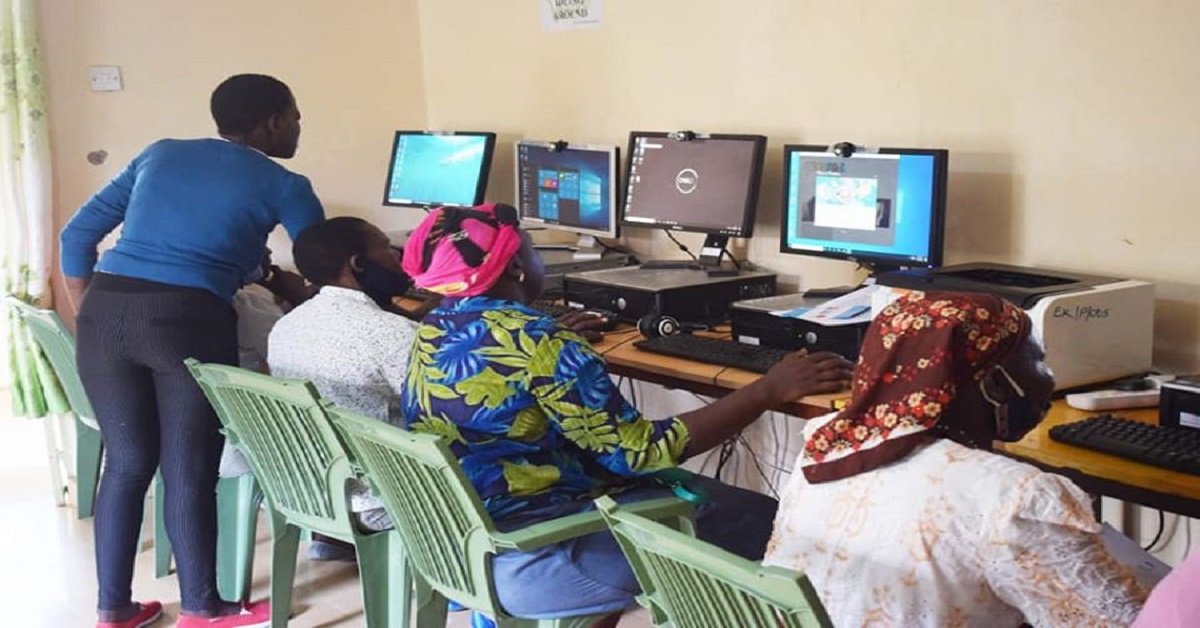
How computer training in women-only spaces is tackling the digital-gender divide
Switching on a computer is empowerment. Learning how to use the internet creates confidence. Training in computer coding could be life-changing. But for many women and girls across the world, these opportunities are out of reach because…
By Zoe Willis
Switching on a computer is empowerment. Learning how to use the internet creates confidence. Training in computer coding could be life-changing. But for many women and girls across the world, these opportunities are out of reach because of the digital-gender divide. The divide is the product of social, cultural and economic factors affecting women and men’s access to information and technology.
Access to the digital world is increasingly vital and ZOO Memorial Foundation, a small non-profit in Kenya, is working to address this divide. Narrowing the gap will bring social and economic benefits not only to women and girls but also to the local and wider communities they live in. During the COVID-19 global pandemic, there is a danger that the divide will become even more pronounced. Women and girls could suffer as business and social contact are fully relegated to the digital sphere, and without access, many will find themselves isolated and unable to work.
Why does the divide exist?
In some communities, it is harder for women and girls to become computer literate than for men and boys. There are many reasons for this including:
Reduced access to education,
A lack of confidence to interact with technology,
Stereotypes of this being a “masculine” activity.
In societies with a strong patriarchal structure, this view discourages women and girls from engaging.
This causes a lack of confidence as girls and women do not gain the necessary skills to engage with technology and in turn cannot pass on knowledge and encouragement to the younger generation. The impact of the digital-gender divide means that women can’t contribute fully to or innovate in economies which rely increasingly on technology and the internet to develop and grow.
Combatting the digital-gender divide
The ZOO Memorial Foundation, in partnership with Women in Sustainable Enterprise (WISE), is equipping women in disadvantaged communities with skills and technology to combat the increasing digital-gender divide due to COVID-19. The not-for-profit organisation empowers communities and schools by bringing the power of digital technology through open access to equipment, skills, and opportunities. Women make up 70% of adult users. ZOO Memorial Foundation encourages women by providing them with inclusive environments in which to learn and develop digital skills.
WISE organisation near Lake Victoria received digital equipment and training from the ZOO Memorial Foundation, benefitting from a women-only environment which allowed their confidence to grow. The training highlighted opportunities presented through digital literacy by teaching coding and web design skills. ZOO’s courses involve each stage of learning how to use digital technology, from switching on a monitor to using the internet. This knowledge that many take for granted is the foundation on which women can innovate and support themselves and their families.
This knowledge that many take for granted is the foundation on which women can innovate and support themselves and their families.
During the coronavirus crisis, this work has been more significant than ever. Carol Odera, the founder of WISE, has worked in partnership with ZOO to reconcile the digital-gender divide and spoke about her experience. WISE works with women within the fishing communities of Lake Victoria to engage them in sustainable enterprise, including agribusiness, green energy and ecotourism. Information Communication Technology (ICT) is significant in this, as Odera commented, ‘for any enterprise to succeed ICT and digital platforms must be at the centre of it all’. She also emphasised the importance of leadership skills and confidence that WISE encourages in conjunction with IT training and sustainable business development. When asked her view on the connection between learning digital skills and building confidence, Odera affirmed, ‘learning ICT skills shows people how leadership has been redefined. You can be a leader in ICT or you can be a leader in business, having mastered a few skills in the ICT space.’
WISE and ZOO are working to provide ICT training and women’s development in the local community through their Hub training sessions. It is the only place in the community which provides such training and with trainers who speak the local language. Odera emphasises the significance of this as ‘most of the technical language around computers is taught in English, but women who don’t speak English still need to learn how to use a computer.’ The women only training sessions have also allowed women to see ‘how leadership is redefined’, according to Odera. She commented, ‘you can be a leader in ICT or you can be a leader in business, having mastered a few skills in the ICT space.’
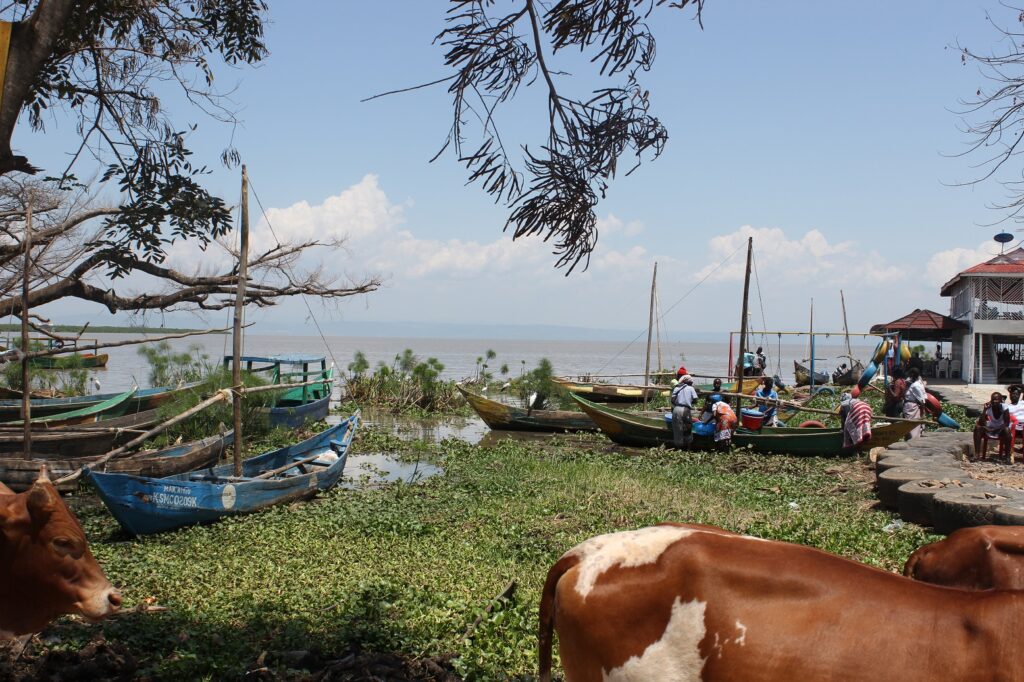
Working with ZOO has meant WISE can focus on women and girls’ development as well as encouraging computer literacy. Odera recalls how fundamental ICT skills were developed in the training sessions, explaining how women were taught basic skills necessary for business communication and to market their products and services, including social media skills. For Odera, it is also important to ‘break the fear of facing a computer for the first time.’ This element highlights the impact the partnership between ZOO and WISE made on women and how they interact with technology. Currently, WISE and ZOO run training sessions on how to use Zoom to communicate for women who may never have used the platform before. When asked how WISE has dealt with the impact of COVID-19, which has sparked such training sessions, Odera sees a positive outcome for her organisation, commenting, ‘once we explain [to the women] that this is what the future is going to look like and this is how they are going to start talking to customers, then they understand and then they get involved.’ Running training via Zoom has also reduced the cost of transporting trainers in to teach, and the only essential being the cost of fast internet.
When asked about the future of WISE, Carol Odera plans to expand: ‘we only have one Hub in one fishing village, so my plan would be to have more Hubs around the lake region for women and girls. But I also want to help women to be more confident to take up the training because COVID has shaped the way things are being done right now. And no one is talking about it on the women’s level and in their language. So, we need to be able to preach this narrative to sensitize women to the future of work and why they need to start using technology and ICT.’
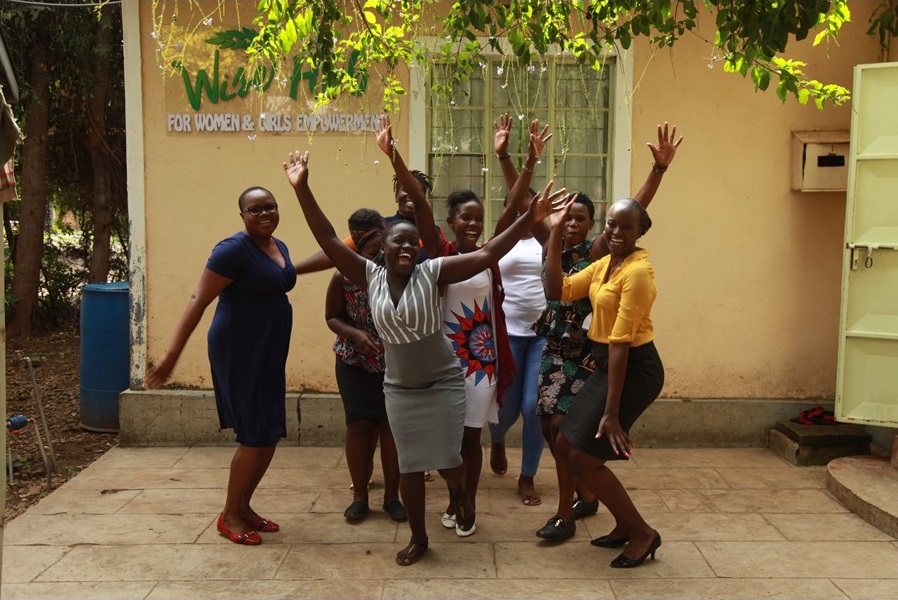
Carol Odera (Far Right) – WISE Founder, with her team at the WiseHub. Background Image: Dunga Beach, Kisumu.
The WISE Hub is the only local hub in the village allowing most of the women and girls to now show interest in information communication technology, ICT. ZOO Memorial Foundation works to create digital spaces in rural and underserved Kenyan communities like Dunga in Kisum
Looking forward
The digital-gender divide is growing as we enter an increasingly technological age. As the coronavirus crisis emphasises the importance of digital communication and working online, initiatives like those supported by the ZOO Memorial Foundation are essential to narrow the gap.
Many of us enjoy the privilege of constant easy access to technology. We must use this privilege to continue the conversation and raise awareness of this issue. The ZOO Memorial Foundation is a small grassroots organisation working to make a tangible difference in challenging environments where the gender-digital divide is prominent. It builds digital community projects and has been operating for over ten years. ZOO’s goal to connect communities to the digital age is ongoing and will have a long-term positive effect. This is significant because of all the projects and training launched by the organisation, 76% of those who benefit are children.
So how can you help? Support ZOO and local organisations through donations; this funding will support local communities and empower women and girls. Without our support the digital gender divide will grow wider following the coronavirus pandemic, causing further societal inequality which affects us all as global citizens.
How computer training in women-only spaces is tackling the digital-gender divide
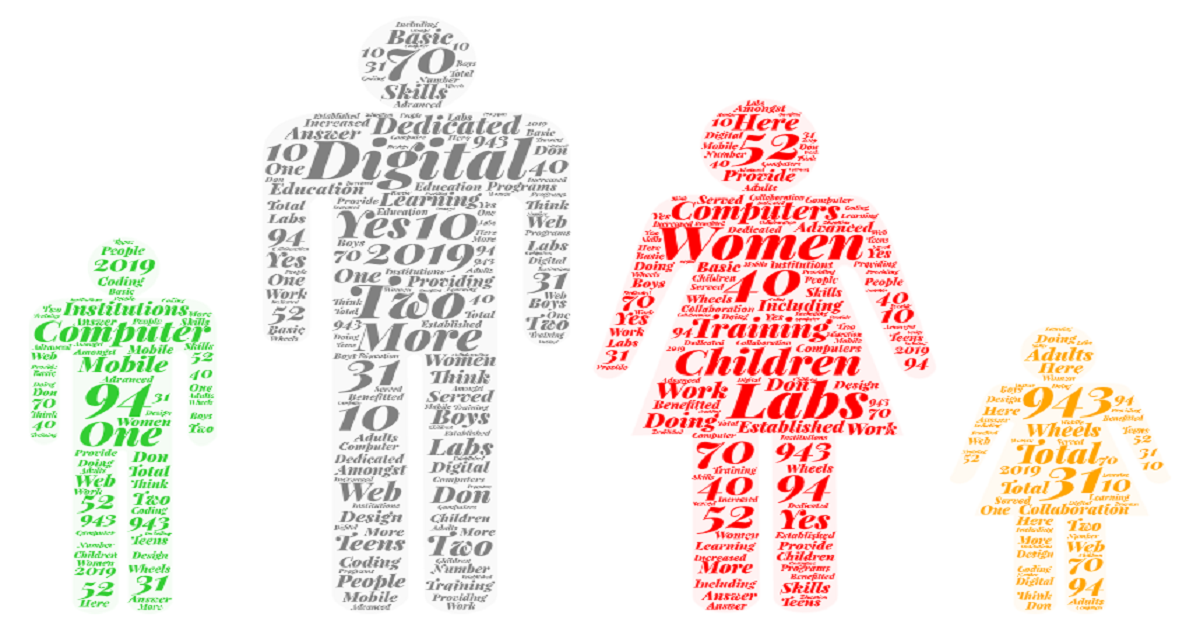
Beyond Numbers.
When I first read about this, I questioned myself, “Are there parts of the world without access to technology?” Discussion with…
By Piya Bhalla
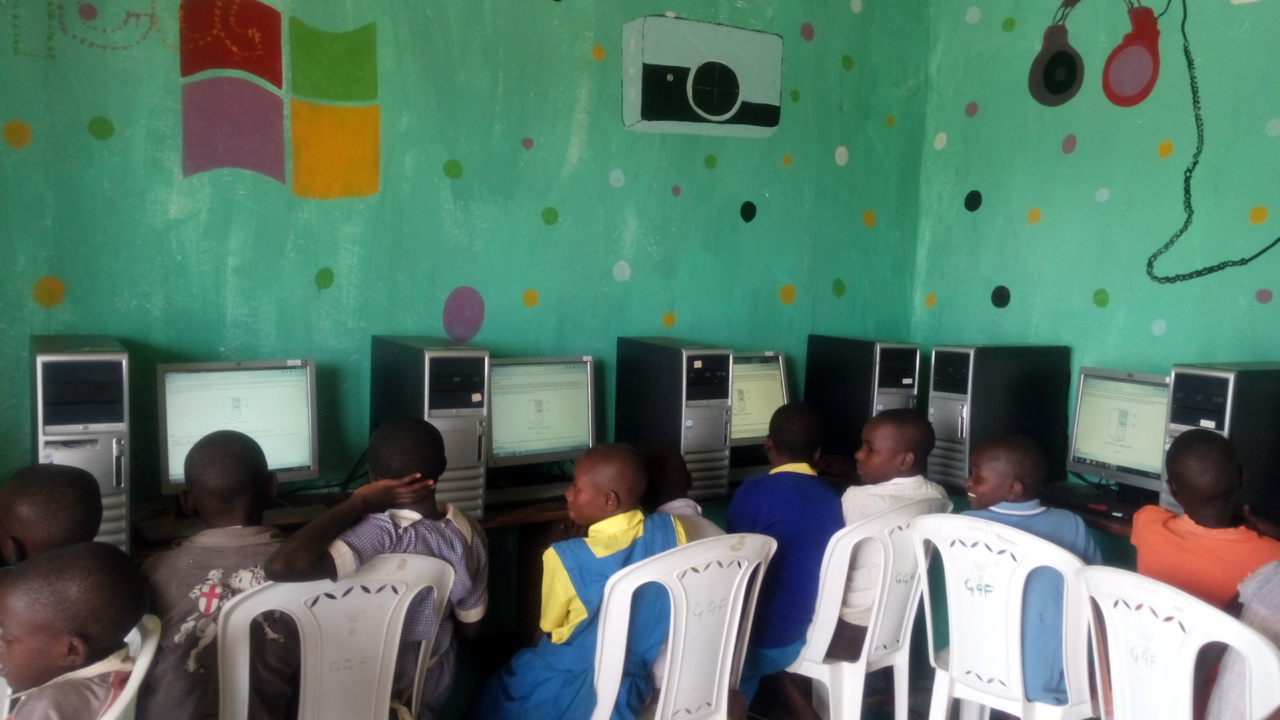
Beyond Numbers.
ZOO Memorial Foundation’s mission started in 2008 with a vision to provide accessible digital technologies for all. When I first read about this, I questioned myself, “Are there parts of the world without access to technology?” I had a discussion with Nelly of ZOO Memorial Foundation and learned that yes, not all have access to technology. To address this critical need, the ZOO Memorial Foundation has built digital spaces to educate, connect, and transform communities.
It’s not just about the numbers, but what is behind those numbers.
Looking into the bigger picture and a decade long story, I can say that they have come far. And what I really like about this foundation is their thought process, they do not believe in just numbers but what is behind these numbers. Let us talk a bit about it and how they are transforming communities.
About the digital spaces
They have two dedicated digital labs for women: Golden Girls Foundation and Women in Sustainable Enterprises, Wise. COVID-19 tried to stop them from their path, but their dedication is firm. The Wise centre now has laptops, webcams and headsets for continuity and access to learning.
Additionally, they have two more digital labs in learning institutions: Dr Robert Ouko Primary School and Nyakoko Secondary School. The latter is the largest. Can you guess how many computers it has? 40 computers! Beat that! I am amazed! They have established 10 digital labs in total including a mobile one. Yes, education on the wheels. They also work in collaboration and you can find more details about that Here.
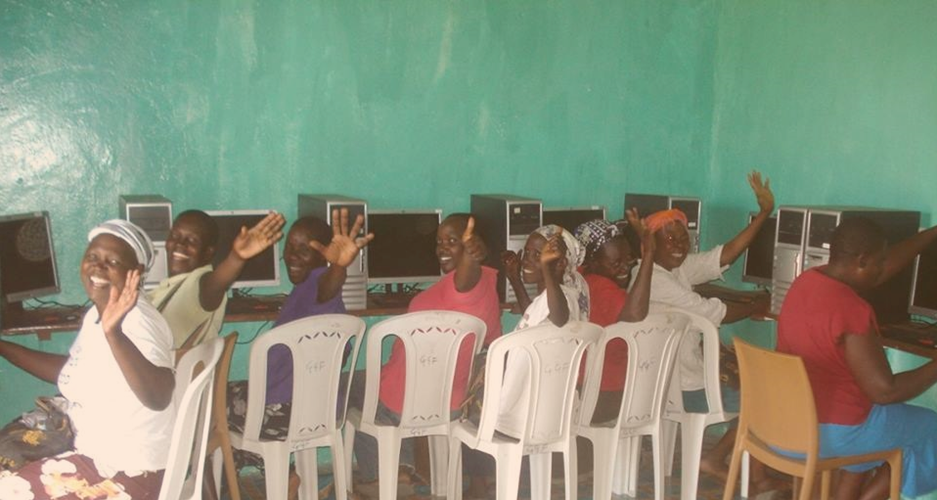
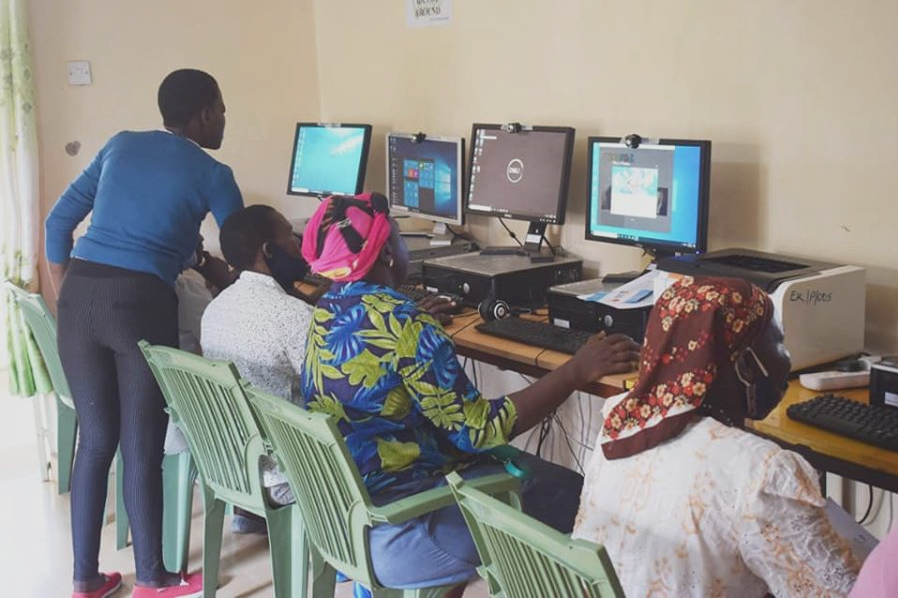
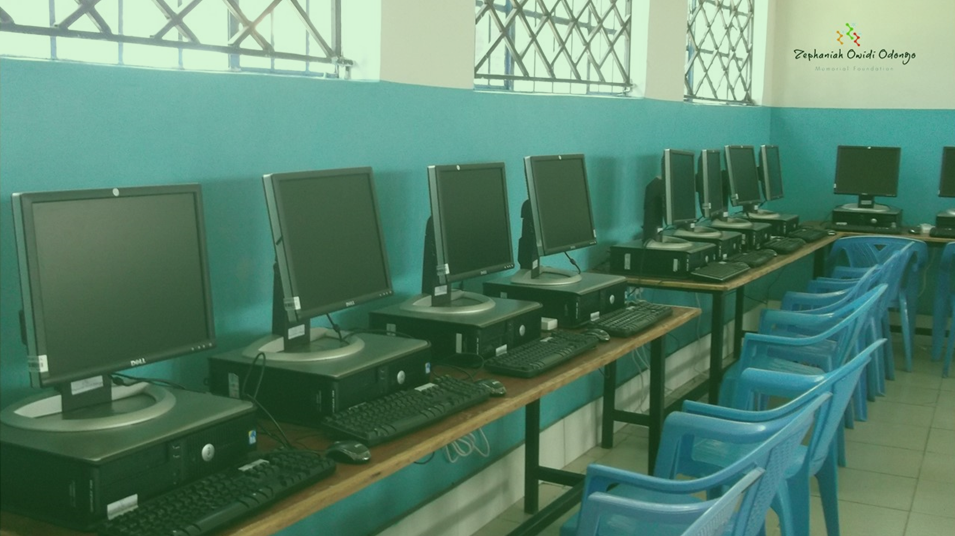
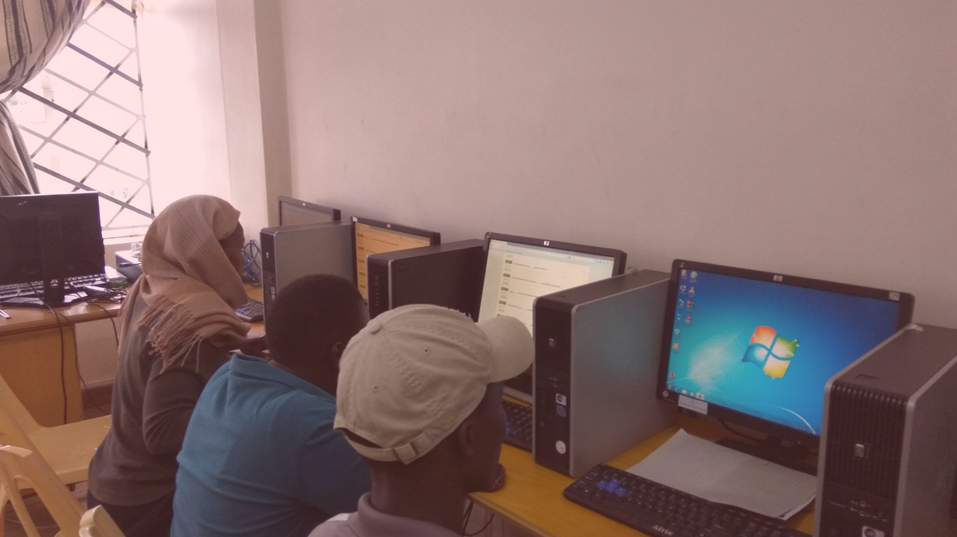
What exactly are they doing at the digital labs?
Wondering what they do at the digital labs? Here is the answer. From providing basic digital skills training to advanced training in computer programs, they also provide coding and web design for children and teens. They provide the foundation for “T” in STEM. Isn’t that great!
They provide the foundation for “T” in STEM.
Who benefits?
Well, so far, around 31,943 people have benefitted from this. Amongst these 76% were children and 70% of the adults were women. Don’t think it is only for women and girls, it’s for all. The number of boys they served increased to 52% in 2019.
They are growing and believe that together they can be stronger. They are doing their part for the society and want you to help to provide accessible technologies. Get involved. Join them. Partner, Sponsor or Volunteer.
